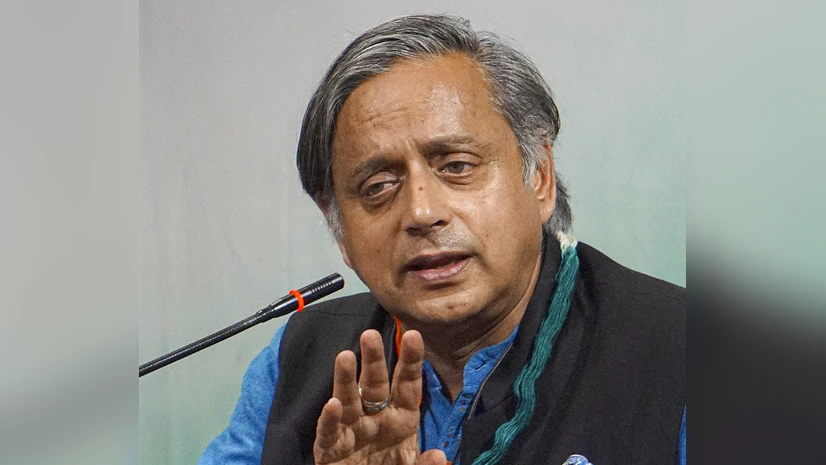Why in the News?
- This year, Gandhi Jayanti and Vijayadashami coincided, offering a reflective opportunity on the moral and spiritual legacies of Gandhi and Ram.
- Both figures, despite being celebrated, are often remembered through a lens of loneliness, moral struggle, and incomplete triumphs, which resonates with contemporary ethical dilemmas.
- Their solitude reflects the burden of moral exemplariness against the backdrop of political expediency and societal misunderstanding.
Ethical Issues Involved
- Virtue vs. Political Expediency
- Gandhi’s moral truth clashed with the violence of Partition; Ram’s dharma was clouded by Sita’s banishment.
- Raises the Aristotelian dilemma of virtue not always aligning with political success.
- Moral exemplars often find themselves irrelevant in power structures.
- Loneliness of Moral Leadership
- Gandhi’s silence and Ram’s anguish show the isolation faced by those upholding truth.
- Kant’s principle of duty suggests that moral action must be performed regardless of recognition.
- Civil servants too may face alienation when pursuing integrity over convenience.
- Limits of Communication and Truth
- Gandhi’s withdrawal into silence highlights that sincerity cannot always be conveyed through words.
- Ram’s limited speech shows the fragility of communication when truth is misunderstood.
- Echoes Habermas’ idea that distorted communication undermines ethical consensus.
- Triumph Shadowed by Moral Loss
- Ram’s victory over Ravan was overshadowed by the injustice of Sita’s exile.
- Gandhi’s triumph of Independence was stained by Partition violence.
- Reflects Reinhold Niebuhr’s realism: human achievements are imperfect and morally compromised.
- Ethical Relevance in Modern Governance
- Both figures embody the tension between duty, justice, and human suffering.
- Raises questions of whether leaders today are willing to prioritize moral conscience over political gain.
- Civil servants like Sreedharan (Metro Man) showed how duty, perseverance, and ethical conviction can leave a legacy despite political hurdles.
Course of Action
- Integrating Moral Exemplarity into Public Life
- Encourage political leaders and administrators to prioritize dharma (duty-based ethics) over expediency.
- Training programs for civil servants to strengthen moral courage in decision-making.
- Promoting Ethical Communication
- Drawing from Gandhi’s retreats into silence, focus on transparent, sincere communication in governance.
- Encourage leaders to communicate through actions rather than rhetoric.
- Balancing Power with Conscience
- Institutional reforms to ensure that power is exercised with checks rooted in ethical responsibility.
- Gandhi’s and Ram’s examples remind us that self-restraint is as important as authority.
- Acknowledging the Complexity of Moral Choices
- Civil servants should be trained to navigate “gray zones” of ethics where every victory may carry some moral loss.
- Inspired by Ram’s and Gandhi’s struggles, accept that imperfect outcomes can still embody ethical worth.
- Recovering Tradition for Contemporary Relevance
- Instead of reducing Vijayadashami or Gandhi Jayanti to rituals, emphasize their ethical lessons of humility, sacrifice, and endurance.
- Draw from Indian philosophical traditions like the Gita’s Nishkama Karma (selfless duty) to orient governance towards collective good.
Conclusion
The loneliness of Gandhi and Ram reminds us that moral truth is often inconvenient, misunderstood, and accompanied by suffering. Yet, their lives show that endurance, silence, and ethical steadfastness sustain the moral order when power falters. For India’s present challenges, their example is not in celebration, but in the quiet pursuit of conscience against expediency.
| EnsureIAS Mains Question
Q. Both Ram and Gandhi embody the idea that virtue is often lonely, and moral triumphs are shadowed by loss. Discuss how moral exemplars can guide public life even when they stand outside the logic of power. (250 words) |
|
Also Read |
|
| UPSC Foundation Course | UPSC Daily Current Affairs |
| UPSC Monthly Magazine | CSAT Foundation Course |
| Free MCQs for UPSC Prelims | UPSC Test Series |
| ENSURE IAS NOTES | Our Booklist |




